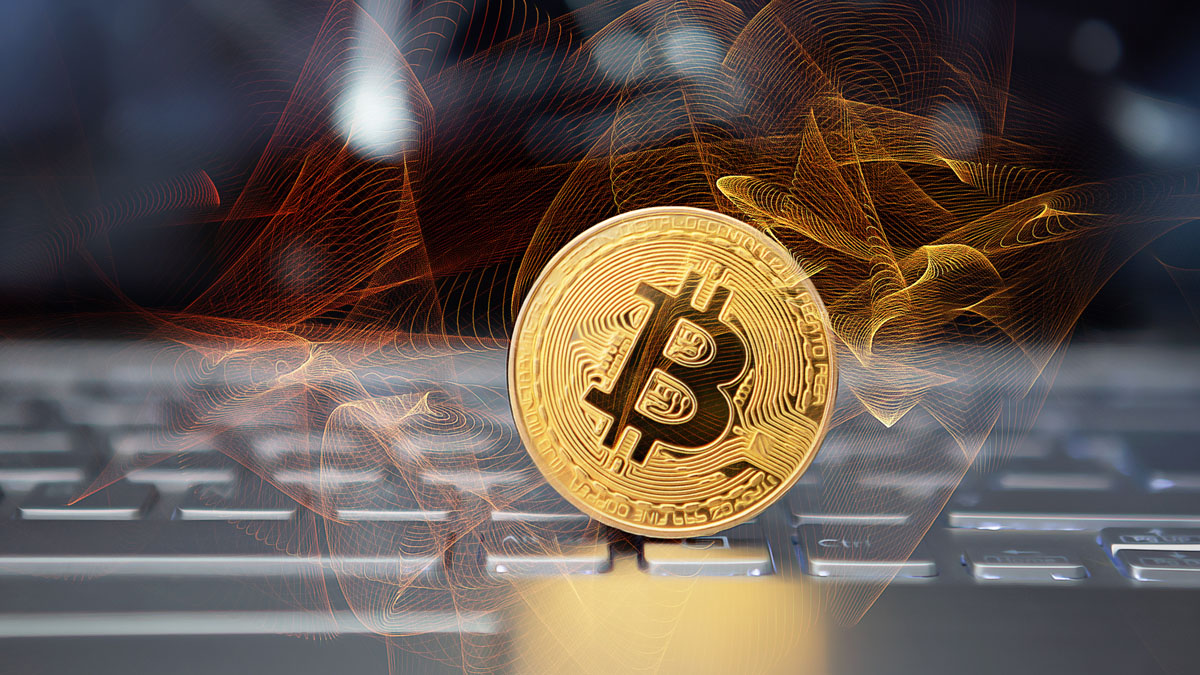Fed President Neel Kashkari’s recent statements highlighting the strength of the US economy through robust consumer spending have drawn criticism from Peter Schiff, a prominent figure in financial analysis and a Bitcoin critic. Schiff argues that increased consumer expenditure is not indicative of economic strength but rather the result of higher debt levels incurred to handle rising costs. This clash of perspectives raises questions about the Federal Reserve’s success in managing inflation and how this might impact the digital currency market, especially Bitcoin.
Debt-Fueled Consumer Spending: Schiff’s Counterargument
Schiff contends that Kashkari’s optimistic interpretation of consumer spending masks a troubling reality: consumers are burdened by additional debt to afford inflated prices. He suggests that instead of showcasing economic health, this spending spree is evidence of the Federal Reserve’s inability to contain inflation.
Bitcoin’s Potential Surge as Inflation Persists
The possibility of the Fed losing its grip on inflation could encourage the adoption of Bitcoin. Known for its scarcity and decentralization, Bitcoin is often viewed as a safeguard against inflation. Should the value of fiat currencies diminish under inflationary pressures, Bitcoin may emerge as a viable alternative for value preservation, potentially driving up its adoption and price.
Diminishing Trust in Fiat amid Inflation Concerns
A failure to curb inflation by the Fed might undermine confidence in fiat currencies. In such a scenario, the appeal of cryptocurrencies like Bitcoin, perceived as more stable and immune to inflation, could surge. However, market volatility is likely to accompany this shift, with Bitcoin’s speculative nature potentially leading to pronounced price swings.
Regulatory Measures May Intensify
In response to economic instability, governments could tighten regulations on cryptocurrencies. If inflation becomes a severe crisis, regulatory focus may initially prioritize broader economic issues rather than the crypto sector. Should Bitcoin prove resilient during inflation-driven economic downturns, its credibility as a substitute for traditional currencies could be bolstered, widening its acceptance and incorporation into established financial systems.
It’s vital to note that the interplay between inflation and Bitcoin’s market performance is intricate. While inflation might favor Bitcoin’s market position and price, regulatory actions, technological progress, and overall market sentiment are also crucial in shaping its trajectory.













